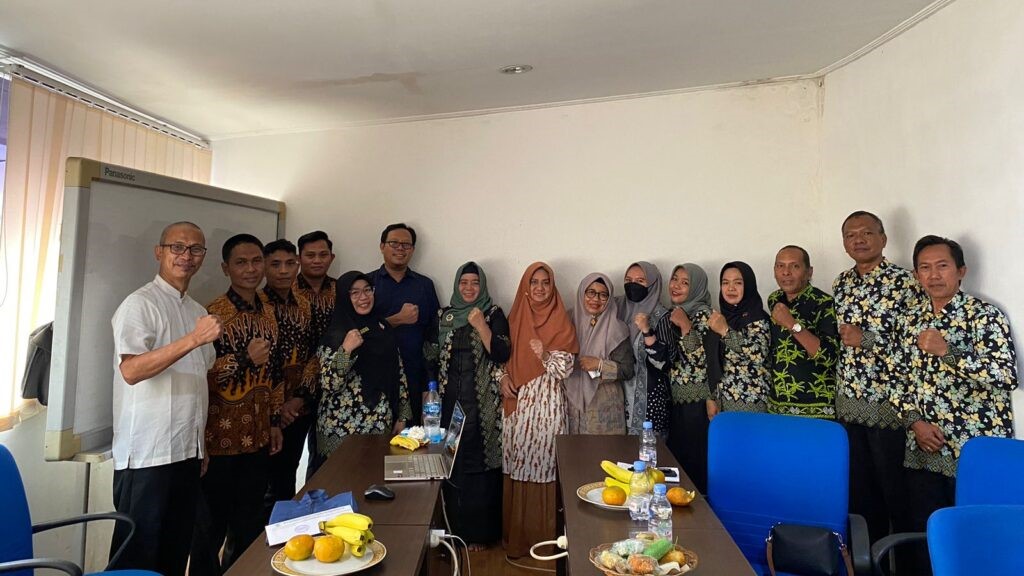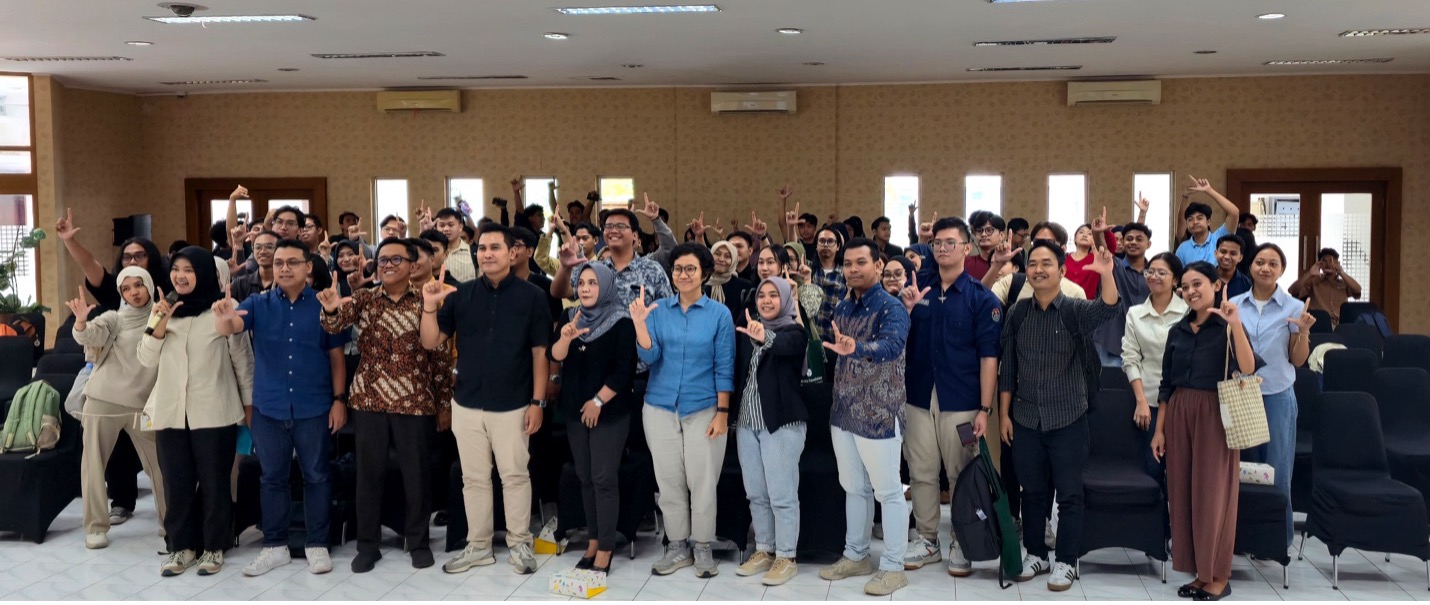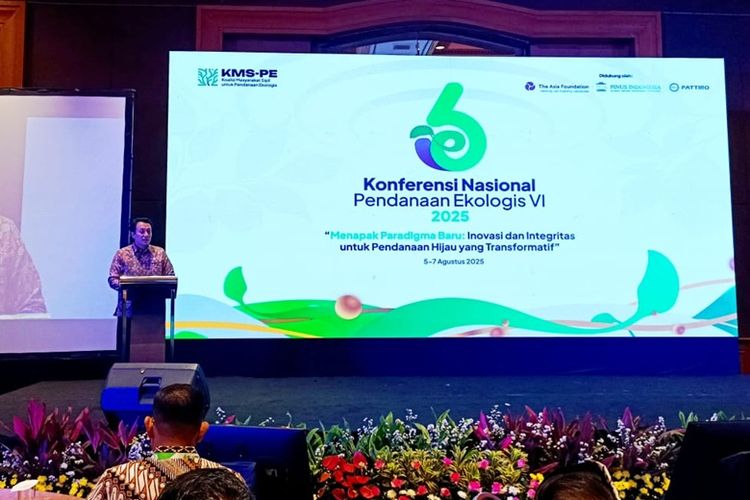
The Department of Population, Women’s Empowerment and Child Protection (DKP3A) of East Kalimantan and the Department of Population Control, Family Planning, Women’s Empowerment and Child Protection (DP2KBP3A) of Paser Regency, East Kalimantan Province visited the PATTIRO office in Pasar Minggu, South Jakarta on November 28 2023 This visit aims to consult regarding the empowerment of Pekka in their respective work areas as well as the implementation of a gender responsive budget for the 2024 fiscal year.
The group led by Anna Susilawati, East Kalimantan DKP3A Young Expert Policy Analyst for Gender Equality and Rusnawati, Head of the Gender Mainstreaming and Women’s Empowerment Division of DP2KBP3A Paser Regency, numbered 12 people.
East Kalimantan Province has a group of 18% Women Headed Families (Pekka). Pekka groups still face challenges in accessing basic services, economic development, and strengthening political and organizational capacity. This occurs due to the Pekka Group’s lack of access to economic resources, gender discrimination, lack of education and skills, lack of social support and networks, lack of political empowerment, and being in difficult economic and social conditions.
Based on data from the Central Statistics Agency (BPS), as of 2022 the East Kalimantan Gender Empowerment Index (IDG) figure will reach 66.89%. Meanwhile, the IDG figure for Paser Regency is 64.94%. This percentage shows that the income gap between women and men in East Kalimantan and Paser Regency is quite high. This backwardness needs to be fought for.
Anna Susilawati said that in particular DKP3A East Kalimantan is committed to encouraging special empowerment programs for Pekka. DKP3A East Kalimantan wants to prepare a guide for Pekka empowerment that has a good methodology to be implemented in the field. The plan is that this program will begin by initiating a pilot project in three districts in East Kalimantan.
Apart from that, Paser Regency during this visit expressed its intention to get to know more deeply the implementation of the 4-step Gender Analysis Pathway (GAP) which has just been socialized through joint regulations by the National Planning and Development Agency (Bappenas), Ministry of Home Affairs (Kemendagri), Ministry of Finance (Ministry of Finance) and the Ministry of Women’s Empowerment and Child Protection (KPPA). Rusnawati said that the excavation and deepening of the 4-step GAP will later be used as a reference for planning and budgeting in 2024 which will be implemented in 2025.




